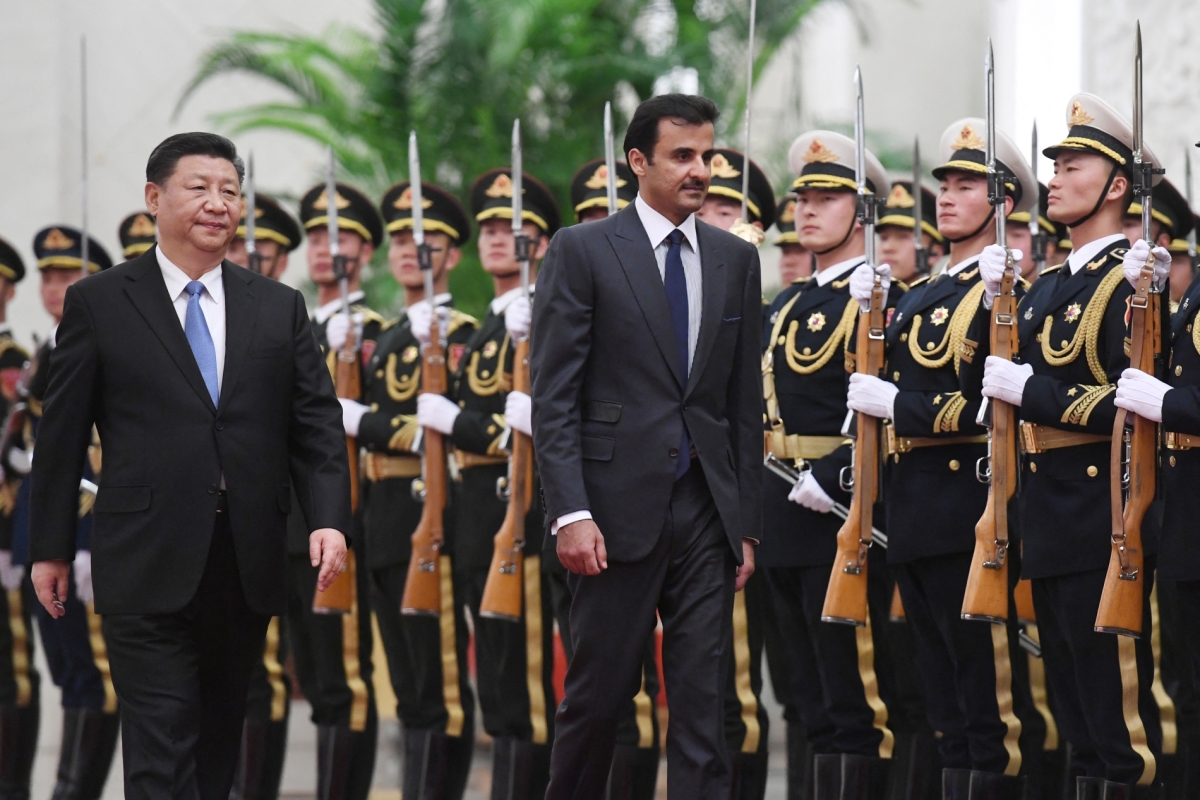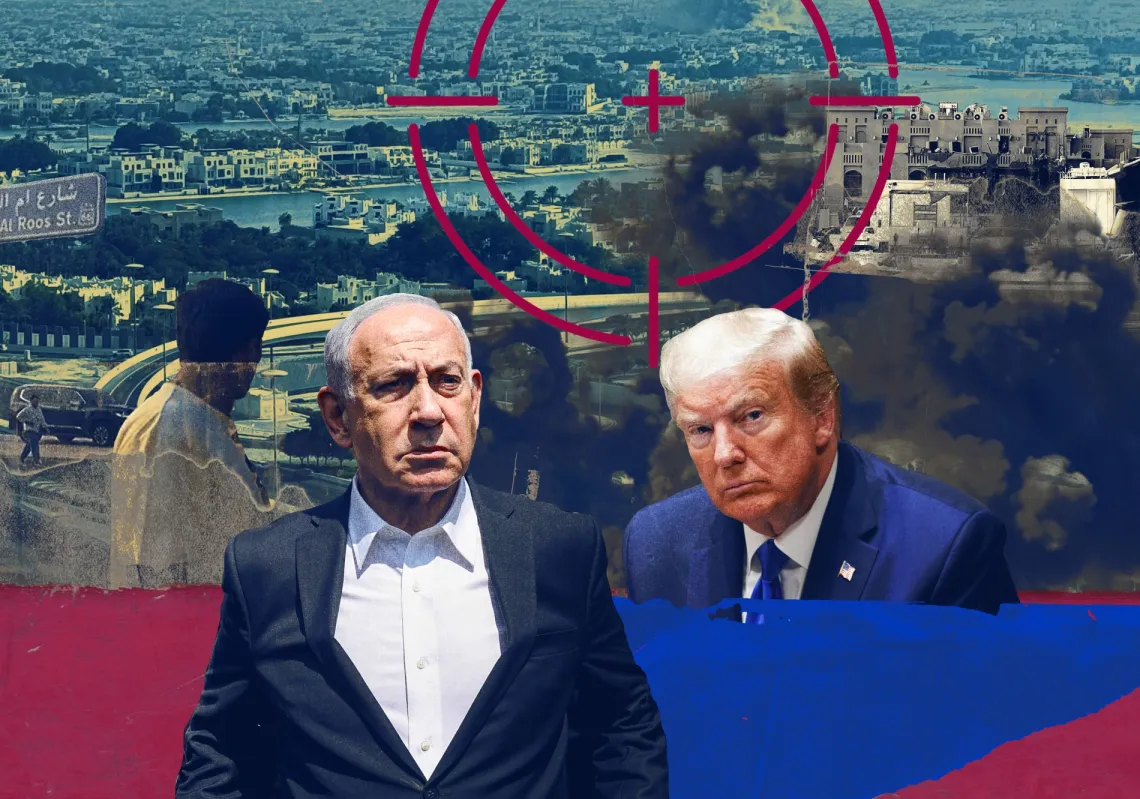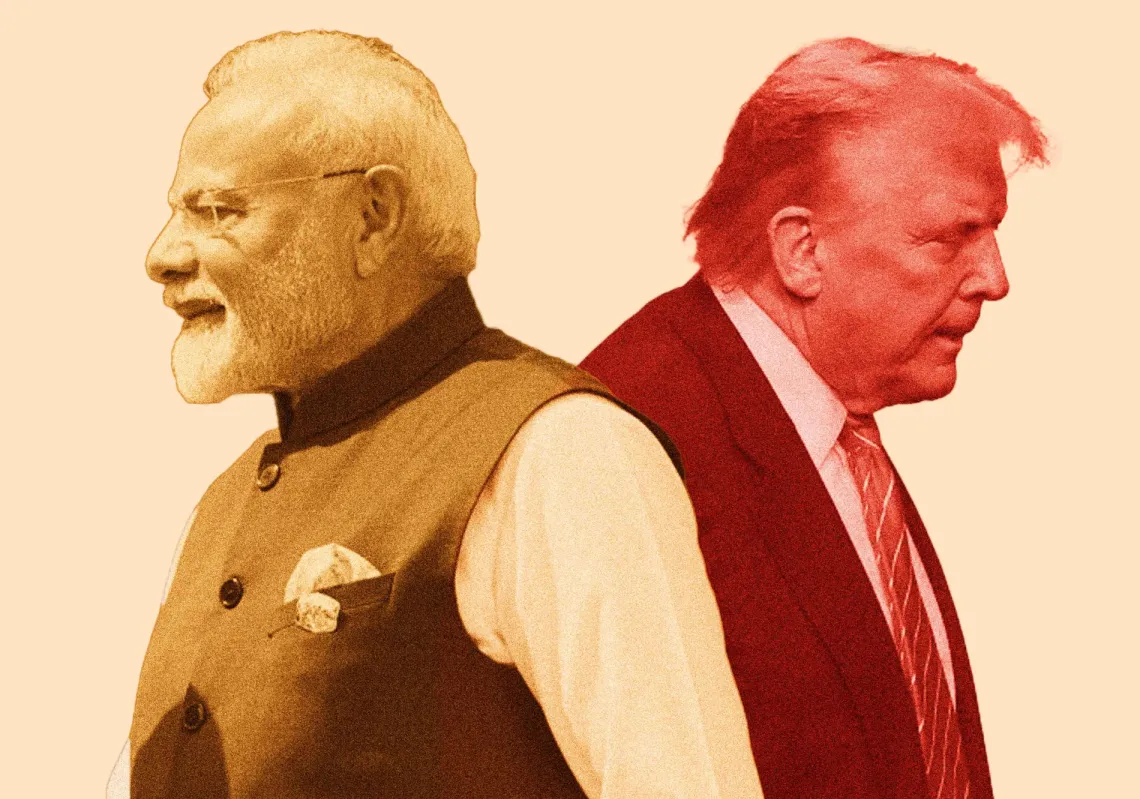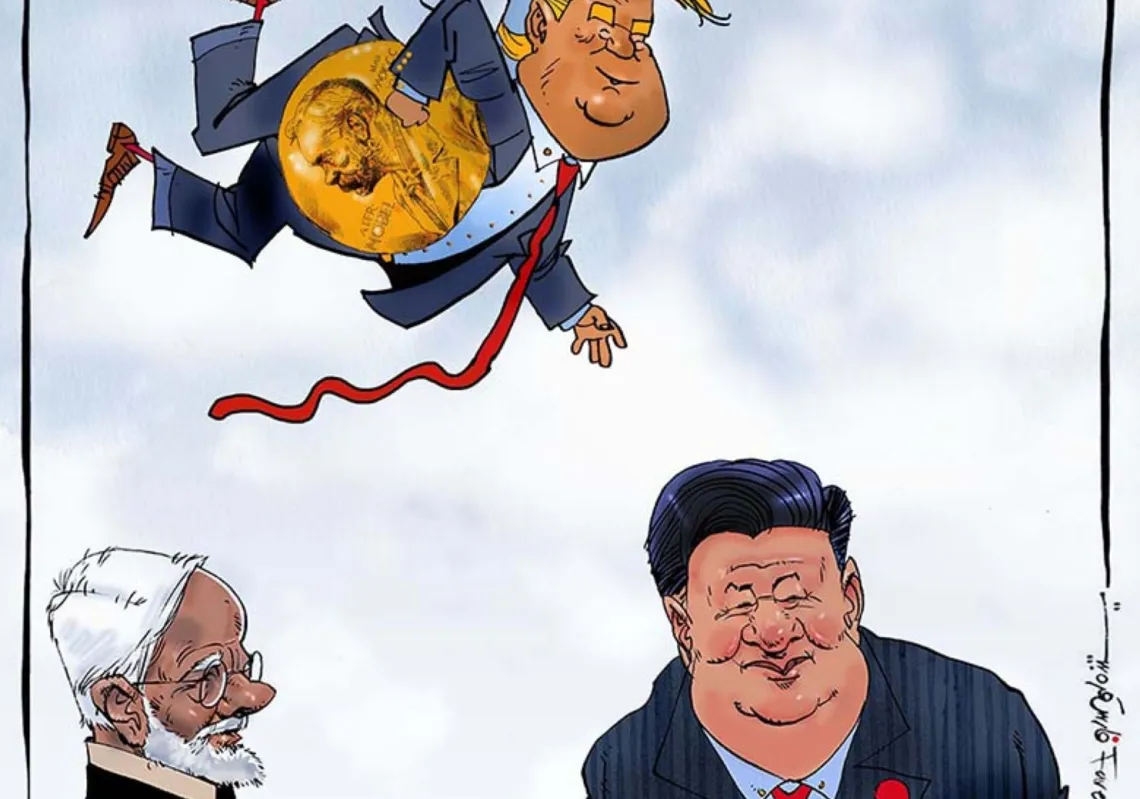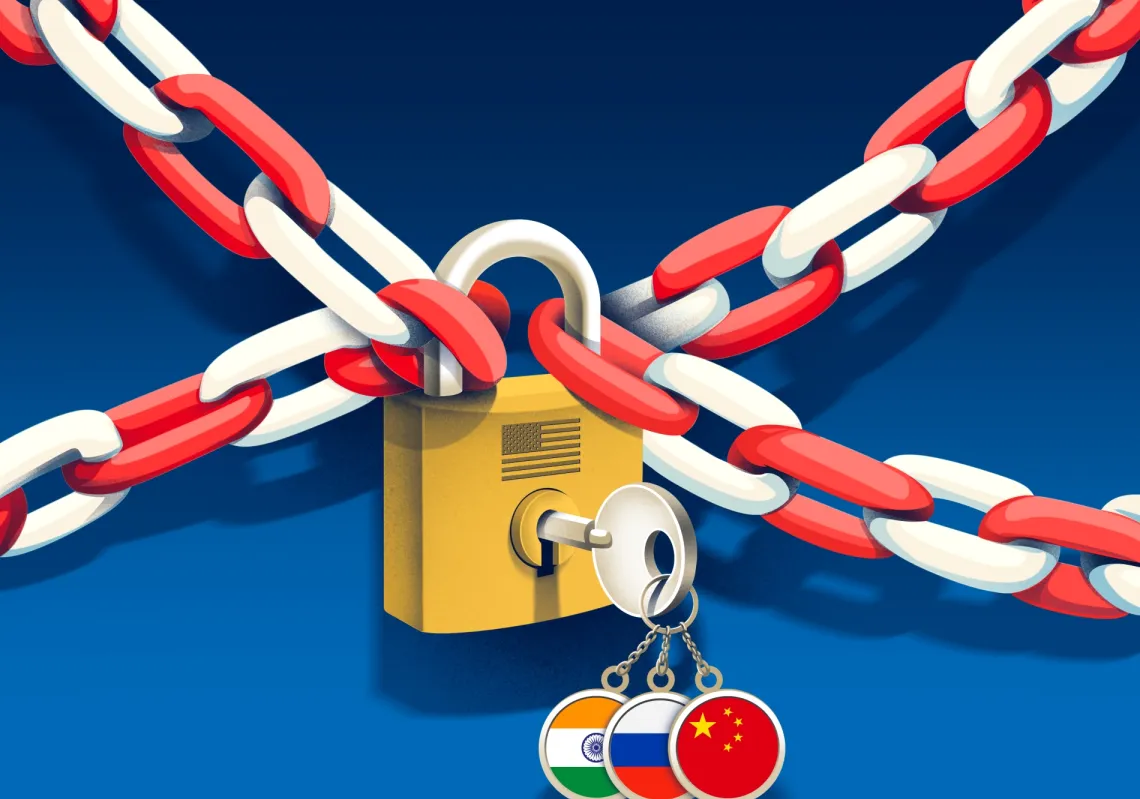Israel’s unprecedented attack on Qatar could significantly alter the China-US stalemate in the Gulf. Before the 9 September attack, even as ‘Chimerica’—the economic symbiosis between China and the US—writhes in pain, struggling to untangle itself and forcing countries to take sides in the ‘New Cold War’, many countries hesitated to declare their allegiance openly.
Instead, they chose to watch the head fight the tail from a safe distance, waiting to see who would prevail before pledging allegiance to the victor. Some played the great powers against each other, receiving the best of both worlds. Among them was Qatar, which relies on China economically and the US militarily. Following the attack, Gulf states may well distance themselves from the US and pivot closer to China.
From slapping tariffs on allies to threatening their annexation, US President Donald Trump’s administration has time and time again blurred the lines between friend and foe, sacrificing long-term interests for short-term gains. This has been widely interpreted by allies as demonstrating a dogged commitment to his ‘America first’ slogan, which critics argue risks becoming ‘America alone’.
Although Trump has publicly stated he did not green-light Israel’s targeting of Hamas leaders and was angered by Israeli Prime Minister Benjamin Netanyahu’s “wholly independent” operation, for the US, the strike is both an operational failure and a major foreign policy setback.
Not only did the attack kill a member of Qatar’s security forces, while the intended Hamas negotiating team escaped unscathed, it also drew widespread condemnation, with Qatar calling it an act of “state terrorism”. China, meanwhile, called the US out for “playing favourites” in the Middle East, accusing it of prioritising Israel’s security needs at the expense of neighbouring Arab countries.
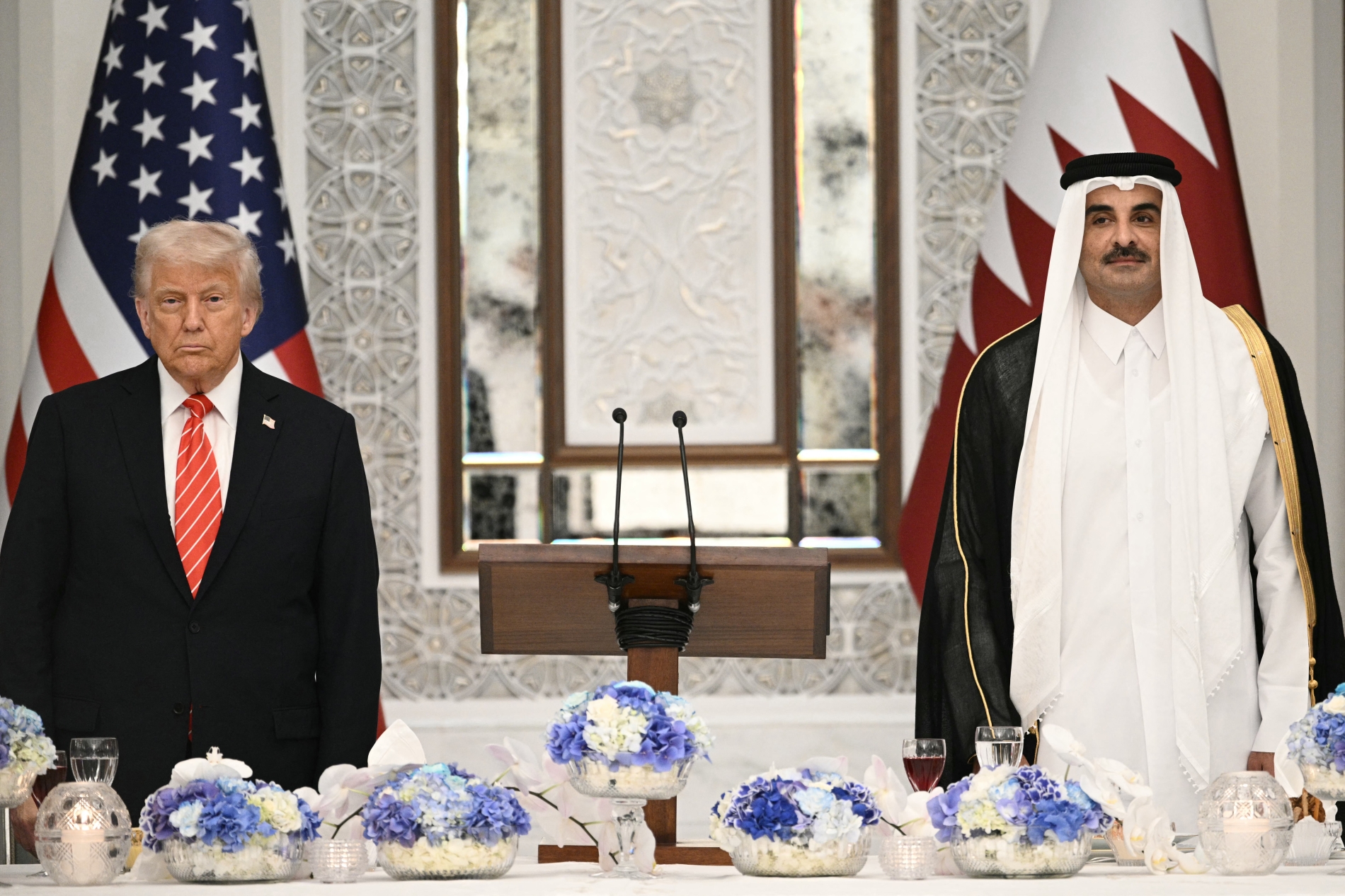
Harsh reality
Gulf states have long understood they are not America's favourites—made evident by Washington’s reluctance to sell them weapons that could undermine Israel’s qualitative military edge. Nevertheless, they assumed that the billions spent on American arms would incentivise the US to guarantee their security.
The attack on Qatar reveals a harsh reality: the marriage of convenience between Gulf states and the US pales in comparison to Washington’s ‘ironclad’ relations with Israel. When Trump told Netanyahu to “do what you have to do,” he gave Israel a blank cheque. Gulf states are now grasping the meaning of those words: Israel holds a get-out-of-jail-free card, backed by the US’s “unwavering support”.
Read more: Why unconditional US support for Israel must stop
The US will turn a blind eye to Israeli actions, even if it means Gaza becoming “worse than hell on Earth,” according to Mirjana Spoljaric, head of the International Committee of the Red Cross, and even when it means attacking an American ally. The strike on Doha will diminish Gulf states’ trust in the US, as well as serve as a stark reminder that US security guarantees are not guaranteed but uneven, ie. F-15 fighter jets sold to Qatar are no match for the F-35s sold to Israel.
In this context, Gulf states will likely view looking east as the more viable alternative. While China has maintained good economic relations with Gulf states, with Beijing a top trading partner, and the Gulf nations’ standing as China’s top oil exporter, military cooperation between the two has remained limited. Key obstacles include China’s limited military presence in the region, its reluctance to take sides, and the Gulf states’ reliance on US security guarantees.
Change of allegiance?
Now, however, the time may be ripe for such a change. Trust in the US has plummeted to an all-time low. China, in contrast, successfully mediated the restoration of diplomatic ties between Saudi Arabia and Iran in 2023, and Israel’s attack on Qatar—just months after Israeli strikes on Iran—has united the Islamic world against a common enemy.
Read more: Why China is mediating in the Middle East


